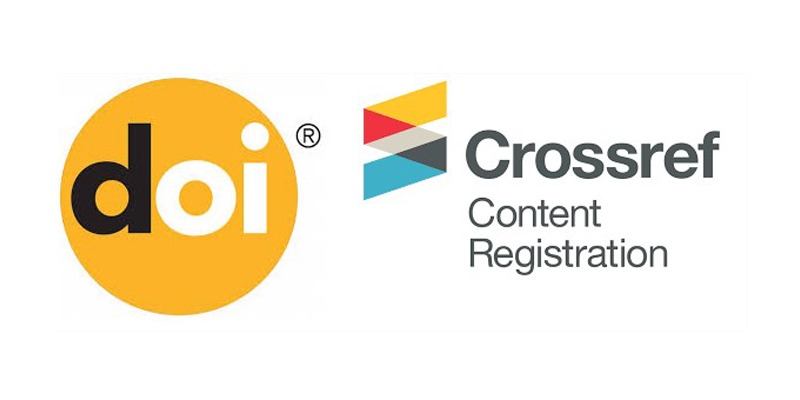Publication Ethics
The publication ethics of a scientific journal is a set of norms and principles that regulate the activities of the participants in the editorial process: editors, members of the editorial board, reviewers, and authors.
The scientific and practical journal "Social Policy and Innovations" supports and applies the principles formulated by the Committee on Publication Ethics (COPE) (https://publicationethics.org/core-practices), as well as national and international codes of conduct in scientific research.
Rights and Responsibilities of the Editor and Editorial Board Members
- Quality Standards and Decision-Making: The editor and editorial board members are committed to maintaining high standards of scientific quality and ethics. They are responsible for making publication decisions based on the manuscript's relevance to the journal's scope, scientific significance, novelty, originality, and solely guided by academic standards, the journal's editorial policy, and reviewers’ conclusions, avoiding personal or commercial interests and gains.
- Confidentiality: The editor and editorial board must maintain the confidentiality of all materials submitted for review and may discuss them only with reviewers and other editors of the journal.
- Impartiality and Fairness: The editor and editorial board must ensure a fair and unbiased selection of articles, avoiding any conflicts of interest. If conflicts arise, the editor should pass the manuscript to another reviewer.
- Countering Unethical Practices: If there is suspicion of plagiarism, data manipulation, or other ethical violations, the editor, together with the editorial board, will conduct an investigation and, if necessary, issue a retraction of the publication (see Retraction and Correction Policy).
- Handling Complaints: The editor and editorial board members commit to handling each complaint individually and taking appropriate action promptly.
The editor and editorial board members guarantee that unpublished and rejected articles will not be used for personal purposes.
Reviewer Rights and Responsibilities
- Confidentiality: Reviewers are required to maintain the confidentiality of manuscripts and not disclose information about them to third parties.
- Objectivity: Reviewers must provide objective and unbiased feedback, avoiding personal preferences or bias. Reviewers should clearly justify their comments and suggestions or any decision to reject the article.
- Timeliness: Reviewers are expected to meet the deadlines set by the editorial office. If a reviewer anticipates a delay, they should notify the editorial office.
- Avoiding Conflicts of Interest: If a reviewer has a conflict of interest (e.g., personal or professional connections with the author), they should decline the review.
- Assisting in Manuscript Improvement: Reviewers should provide recommendations for improving the article and indicate any deficiencies or errors while avoiding unfounded accusations.
- If a reviewer discovers plagiarism or false data in the manuscript, they are required to inform the journal’s editor.
Author Rights and Responsibilities
- Originality and Data Integrity: Authors must submit original work that has not been previously published and is not under consideration in another journal. They should use reliable data, avoid falsification, plagiarism, and the use of AI in their manuscript.
- Authorship Recognition: All individuals who have made a significant contribution to the work should be listed as authors. Including individuals who did not participate in the research or excluding co-authors is not allowed.
- Providing Source Data: Authors should be prepared to provide source data to confirm the accuracy of the results if requested by the editorial board.
- Avoiding Multiple Submissions: Authors should not submit the same article to multiple journals.
- Correcting Errors: If errors are found in their work, authors should promptly inform the editorial board and cooperate in correcting or retracting the article.
- Proper Citation and Acknowledgment of Sources: Authors must correctly cite the work of other researchers and provide references to all sources used in the article, in accordance with the journal’s requirements.
The journal's principles, based on COPE recommendations, help ensure high standards of publication ethics and transparency in the scientific process, protecting the interests of all participants. Adhering to these norms enhances the journal's reputation and trust in its content.
Link to the Committee on Publication Ethics (COPE): publicationethics.org.


